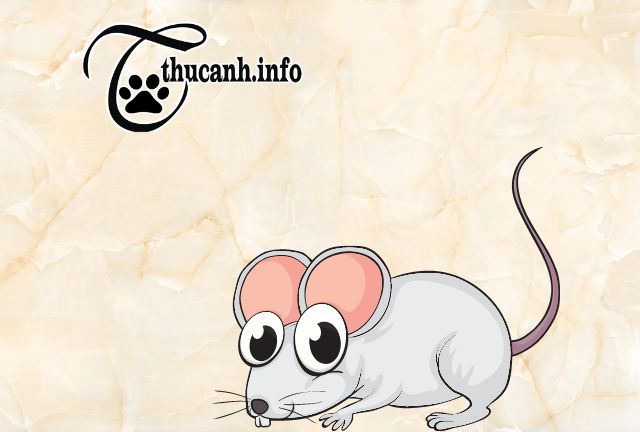How long a hamster can go without water? Hamsters need water like all other animals. Responsible pet owners know hamsters need water. This detailed guide answers the search intent and reveals how long a hamster can survive without water.

how long a hamster can go without water
1.Factors Affecting a Hamster’s Water Needs
1.1. Physiological Factors
Hamster water demands depend on their physiology. These factors determine how long a hamster can go without water.
- Metabolic Rate: Hamsters need extra water because of their high metabolic rate.
- Size: Larger hamsters need more water. Their cells and tissues need extra water.
- Activity Level: Hamsters who run on wheels or explore their environment use more water owing to greater exertion and heat creation.
- Health and Age: Sick or old hamsters may need different water. Hydration is essential for their health since ageing and health might affect water balance.
1.2. Environment
Hamster water demands depend on their surroundings. These factors affect hamster water survival.
- Temperature: Hamsters require more water since they sweat and pant to cool off. Hot surroundings accelerate water evaporation, requiring more hydration.
- Humidity: Low humidity increases water loss through respiration and evaporation. Dry hamsters may need extra water.
- Hamster bedding: It impacts moisture levels. Some bedding absorbs moisture, lowering hamster humidity and water availability.
- Water Source Accessibility: Hamsters drink water from bottles or plates. Access to fresh water promotes frequent drinking and hydration.
Understanding a hamster’s physiological and environmental aspects will help you determine how long they can go without water and how to keep them hydrated. Keeping your hamster healthy requires an appropriate habitat and clean, fresh water.

Factors Affecting a Hamster’s Water Needs
2, How Long Can Hamsters Live Without Water?
2.1. Waterless Timeline:
Various factors determine a hamster’s water-free lifespan. Understanding the approximate survival period without water helps determine their hydration needs.
According to experts, healthy hamsters can last three to four days without water. However, contextual and individual factors might affect this timetable.
Hamster dehydration depends on temperature, humidity, and activity. High temperatures and low humidity promote dehydration, limiting their water survival time.
Food type impacts water needs. Dry-fed hamsters may survive less without water than those on a wet diet.
2.2. Symptoms and Health Effects
A hamster without water develops symptoms and health issues.
- A dehydrated hamster may show thirst, restlessness, and increased respiration rate within 24 to 48 hours.
- Dehydration causes lethargy, sunken eyes, dry lips, loss of appetite, weight loss, and reduced urine production.
- Dehydration can cause organ malfunction, electrolyte imbalances, and life-threatening diseases.
- Always provide fresh, clean water to your hamster and check their water intake. Knowing the approximate timeline of living without water and recognising dehydration signs helps for quick intervention and proper care to avert health consequences.
If your hamster appears dehydrated, consult a small animal doctor. They can give hamster-specific advice to safeguard their health.
3. Hamster Dehydration Signs
Identifying hamster dehydration is crucial. These indicators can suggest dehydration and require hydration.
3.1. Physical Signs of Dehydration
- Dehydrated hamsters may have dry or sticky mouths due to diminished saliva production.
- Dehydration causes sunken eyes. As the body conserves water, eye socket fluid decreases.
- Loss of Skin Elasticity: Well-hydrated hamster skin immediately returns to its usual place when gently tugged up and released. Dehydration reduces skin suppleness, slowing its recovery.
- Dehydration causes nose and gum dryness. They should be wet and moisturized.
3.2. Dehydration Behaviors
Hamster behavior changes might indicate dehydration. Observe these behaviours:
- Lethargy: A dehydrated hamster may become sluggish and uninterested in their environment.
- Dehydration reduces hamster appetite. They may avoid meals or consume less.
- Dehydration paradoxically causes hamsters to drink more.
4. Hamster Dehydration Prevention
4.1. Freshwater Supply: Importance and Best Practises
Always giving hamsters clean, fresh water prevents dehydration. Best practises:
- Water Bottle or Dish: Provide a hamster-sized water bottle or dish. Hygiene requires frequent cleaning.
- Check Water: Check the water source regularly for contamination or depletion. Replace or refill.
- Water Sources: To ensure your hamster always gets water, provide various bottles or plates.
4.2. Dietary Hydration: Water-Rich Foods
Water-rich meals help hydrate your hamster. Try these water-rich foods:
- Cucumber: Water-rich cucumber slices can be served.
- Watermelon: In moderation, watermelon is a hydrating delight. Offer seedless chunks.
- Lettuce: Hamsters can eat water-rich lettuce. Wash and serve tiny quantities.
4.3. Hydrating Sick or Senior Hamsters
Sick or elderly hamsters may need help hydrating. Try these:
- See a Vet: See a small animal vet if your hamster is sick or dehydrated.
- Fluid Management: For optimal hydration, a veterinarian may propose specialized fluid administration.
In conclusion, understanding hamster hydration needs, especially how long they can go without water, is crucial to their health. Maintaining a steady supply of fresh water and watching for dehydration is essential. This thorough resource answers the issue “how long can a hamster go without water” with factual and dependable facts.
Source: Thú Cảnh


